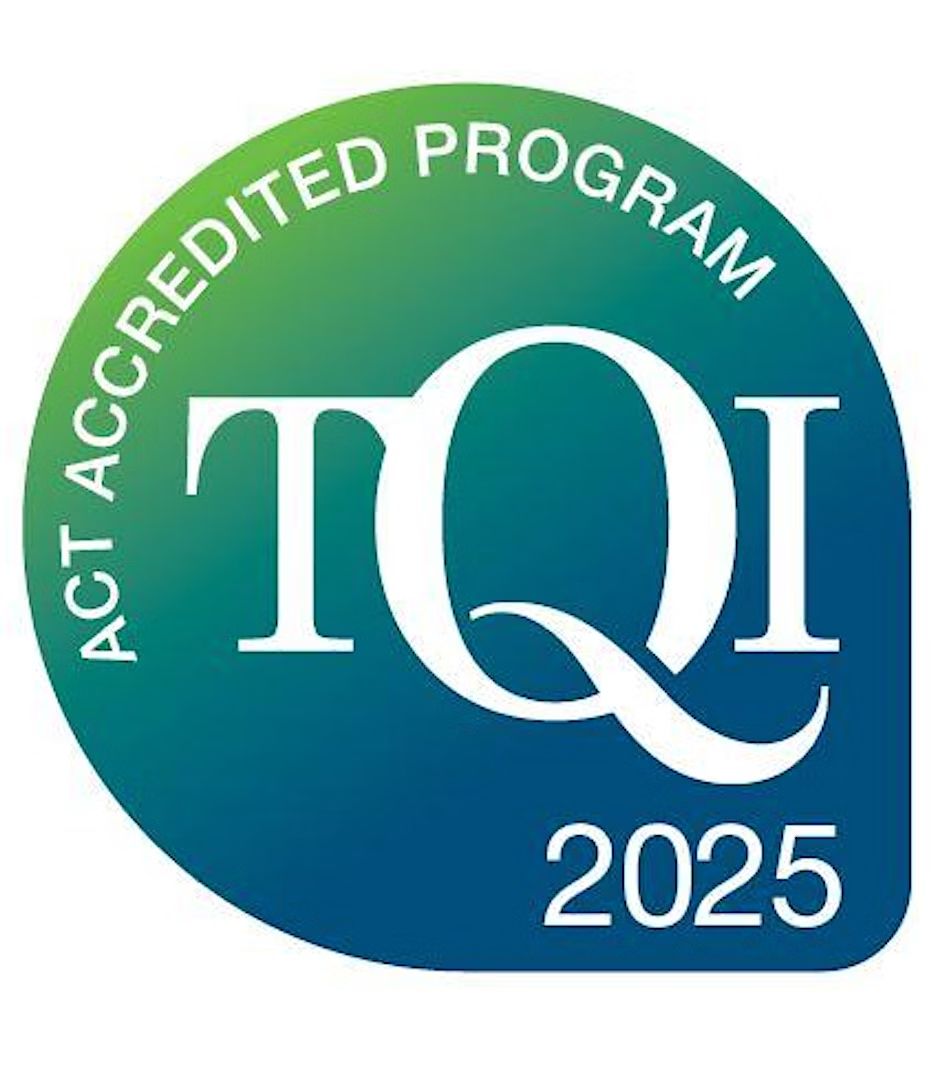Schools are ideal places for providing student leadership opportunities. There are many simple ways to empower your students via a formal role, from SRC member to chess club president.
We encourage you to consider exposing all your students to leadership opportunities. The skills are valuable for everyone — skills like communication, organisation, decision-making, and accountability.
Too often we see schools ‘hot house’ students who are identified early on as showing potential. The students given leadership opportunities are often the same students who achieve high grades, are selected to represent the school at external events, and put into high potential programs. This is great for a handful of kids, but what about everyone else?
This exclusivity approach is a lost opportunity to provide a platform for all students to develop leadership skills. So, as you read this article, think about your students who rarely get picked for opportunities – the kid who is shy, the teen who struggles academically, and the student who misbehaves. These are the students likely to get the most out of a leadership experience, because it can be transformative. It can change how the student views themselves and how others view them.
1. Run a Student Representative Council
SRCs are a great opportunity for many reasons. Students see the democratic process in action. The elected representatives are part of a cross-grade group. Participating students are exposed to decision-making and organisation. It’s an opportunity to learn a range of skills, including communication, idea development, planning, and working in a team. The experience can help boost their confidence, form new relationships, and feel a sense of empowerment.
Plus, SRCs offer benefits to the whole school community as a student voice. At Peer Support Australia, we see SRCs as a wellbeing opportunity. They can contribute to your school’s wellbeing when done well. Check out our training for SRC coordinators.
“I get to make decisions. We can have a bit more fun at school, like having special days and wearing casual clothes. We talk about what we should do, or what we should have at the school, and is it sensible. It’s good for kids to make decisions so they know how to make decisions when they grow up.”
– Tom, Year 2, SRC member
2. Empower your senior students to be Peer Leaders
The Peer Support Program provides an opportunity for all your senior students to take on leadership roles. One key benefit of the program is that it gives every student the opportunity to lead.
The program is traditionally run with Year 6 or Year 10 students taking on Peer Leader roles. They lead small groups of younger students in weekly structured sessions. Students are trained in leadership over two days.
Students learn to navigate challenges, build interpersonal relationships, and develop a strong sense of responsibility towards their peers.
Many schools are surprised at how well particular students step up into their Peer Leader role – and, in some cases, it can have a profound lifelong impact on kids and young people. Javier, a Year 10 student at Mamre Anglican College, said the experience had a big impact on changing his behaviour, and in turn, he improved his grades.
Schools that have a diverse group of leaders are also relatable to a diverse cohort of younger students. This sends a strong message about the school’s culture, and that everyone can be a good leader.
3. Get involved in the community
Your school can get behind social issues that your students care about, and this can create leadership opportunities. It’s also an excellent way to build a connection between your school and the wider community.
Ben, a Year 3 student, wanted to support a charity that helped him when his dad died. He led a fundraising day at his school, supported by his classroom teacher and classmates. His peers baked cakes and sold them to the rest of the school on a chosen day. They organised flyers to go home in school bags, made signs, worked the stall during lunch break, and managed the money. They raised $470 for Feel The Magic, and developed a range of leadership skills along the way. The school community also had the opportunity to learn about the charity, and discuss loss and grief.
Supporting social issues offers a hands-on approach to helping others, showing students that they can be agents of change. Students learn the importance of empathy, social responsibility, and teamwork. These experiences not only contribute to personal growth but also cultivate a sense of duty towards the community, shaping students into socially conscious leaders.
4. Use your clubs for student leadership opportunities
Extracurricular clubs and societies provide a platform for students to explore their passions and interests. Many schools offer clubs already, such as a debating club, a science society, or an environmental group. These can be already established in your school or new initiatives led by students or teachers.
Students can take on roles such as club president, event organiser, or communications officer. They can hone their organisational, communication, and decision-making skills in a specialised context. Teacher-led clubs can also create and allocate roles to students, giving students leadership opportunities and helping them take ownership of the activities they’re interested in.
Some of the clubs our member schools have include chess, coding, LEGO, eco warriors, choir, and drumming.
5. Organise leadership workshops
Consider organising leadership training or talks within the school environment, bringing in external experts and thought leaders to share insights and experiences. Students may have some great ideas about experts to invite.
Alternatively, you could use your own staff to share their insights. Can your school counsellor talk about how to overcome anxiety when talking to a group? Could your principal share their insights about being a good leader? Would your school captains share their experience of being a school leader?
These events provide students with exposure to real-world leadership experience, allowing them to broaden their perspectives and learn from other leaders. Such opportunities also show various leadership styles – and highlight that leadership is not just telling people what to do!
6. Establish a student newspaper
School newspapers, magazines, and online publications offer a unique platform for students to develop leadership skills in communication and media. Students can take on different roles such as editor, writer, photographer, or graphic designer. They learn the importance of effective communication, storytelling, and meeting deadlines. These experiences build confidence and empower students to become influential communicators.
The experience also exposes students to different careers, helping them identify and nurture their interests and skills.
7. Take your students to external events that showcase leadership in action
Inspire your students by taking them to leadership conferences and competitions. It could be a debate competition or an International Women’s Day forum, for example. These platforms push students out of their comfort zones, and expose them to a bigger world of opportunity outside the school gates.
Students may also have opportunities to be participants in external events. These opportunities enable them to mix and sometimes compete with peers from different backgrounds. Students develop resilience, strategic thinking, and the ability to thrive under pressure.
Better support high school transitions
Learn how you can help your Year 7 students as they transition to high school, with this free ebook.





